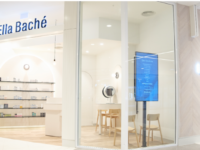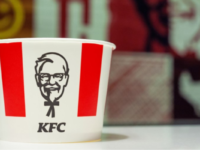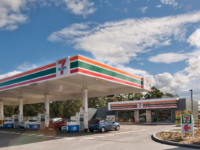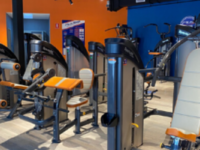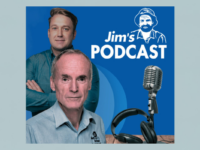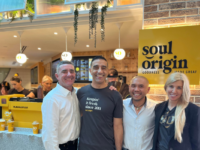Muzz Buzz owner and executive chairman Warren Reynolds is predicting a seismic shift away from sit-down cafes to convenience-driven coffee venues, as consumers adapt to new habits brought on by Covid restrictions.
As the franchisor of a drive-through business model Reynolds of course has a vested interest in seeing takeaway businesses flourish but he believes the sales figures reflect a wider trend.
At Muzz Buzz sales in its 36-site network in Western Australia and the Northern Territory have been up 50 per cent compared to the 2019-20 financial year.
Reynolds points to other influencers affecting the consumer shift too: increased drive-through locations across the hospitality sector, increased sales through online ordering platforms, declining cash sales, and a continued customer focus on safety and hygiene.
“The idea of sitting inside a venue and having a coffee and a bite to eat has been undermined by coronavirus,” he says.
“People still want to dine out, they still want to grab a coffee, but they want to do it safely. For many, drive-through is the best way to do that.
“People are scared to go and sit down at a cafe. The number of closures are staggering in the cafe market. That will stay, the public attitude has gone,” he tells Inside Franchise Business Executive.
“There’s no reason for that in WA but it’s still happened. I would never have believed such a big shift could be driven by fear.”
In Perth’s hospitality industry the cafe has been significantly diminished, he says.
“There’s nothing left of our city. It’s like a ghost town. People are working from home, working rotating shifts. Coffee has become a convenience. In WA we’ve got full employment, everyone’s flat out, working harder.
“What is surprising, is that we’re seeing this trend here in WA despite remaining mostly Covid-free. That suggests it’s a broader community shift toward this sort of dining.”
In an Australia-wide shift to convenience, brands such as Muzz Buzz and Zarraffa’s Coffee are well-placed to benefit.
“The success of our business is staggering,” Reynolds says. “We specialise in delivering a fantastic product at high speed. People don’t want to wait two minutes, our coffee is done in under a minute. And there’s a price position for all of that.”
While he believes the move to convenient coffee is here for ever, he does add a caveat.
“Sydney is such high density the cafe trade will remain there, and Melbourne, it’s always big there.”
In hospitality takeaway and delivery are vying for top slots; it’s a world where you bring your own seat and take it with you, Reynolds says.
In fact he is so confident the shift will continue the fast-food industry will eventually no longer offer an in-house dining experience.
He points to data from the NPD Group in the US last year which reported significant increases across drive-through models, even when in-venue dining was available. The report found drive-through and off-premise operations will form a large part of the US restaurant industry’s recovery.
It’s inevitable that Australia will follow suit, he says.
“We do tend to follow US-trends, and this one won’t be any different. I can’t see any kind of future in sit-down service within the fast-food industry here in Australia. Drive-through is the focus.
“I would also expect to continue to see a shift away from more up-market dining to casual eating experiences.”




